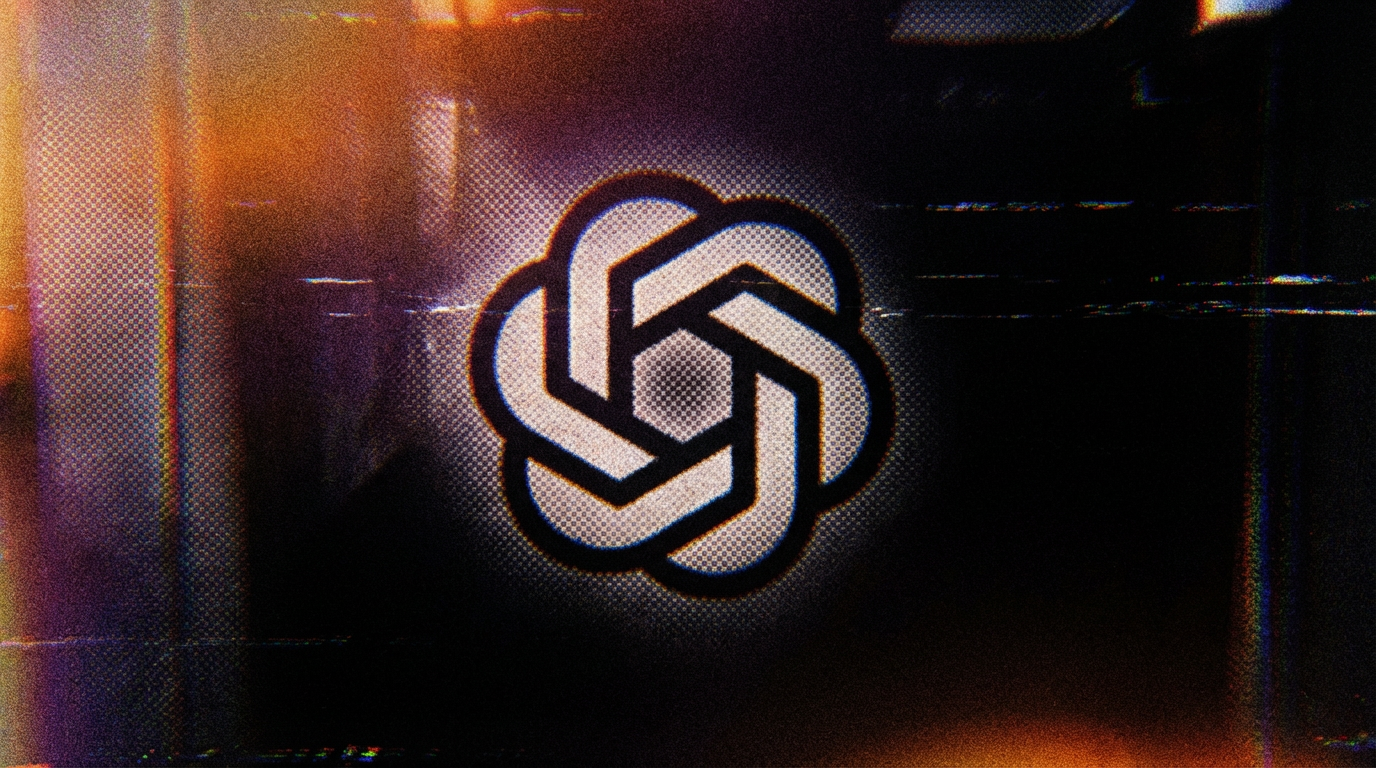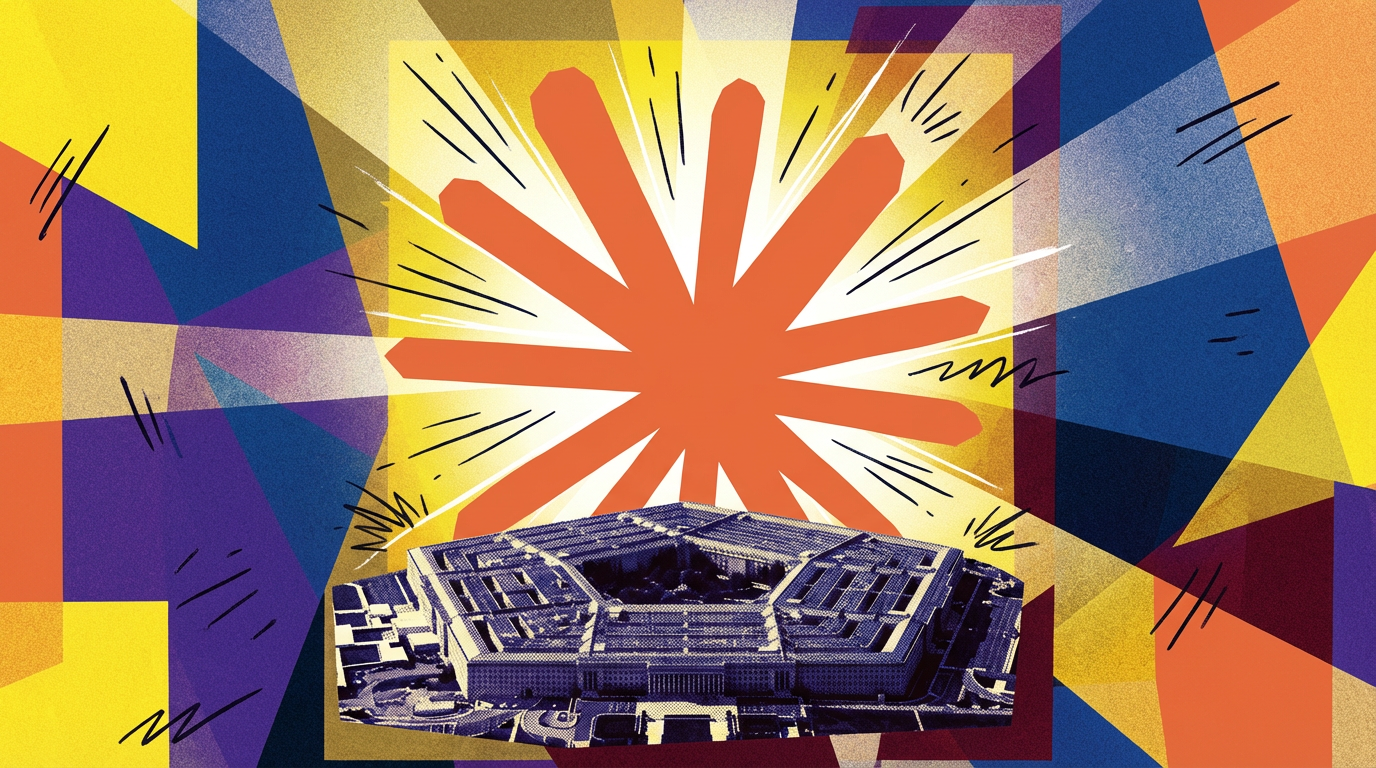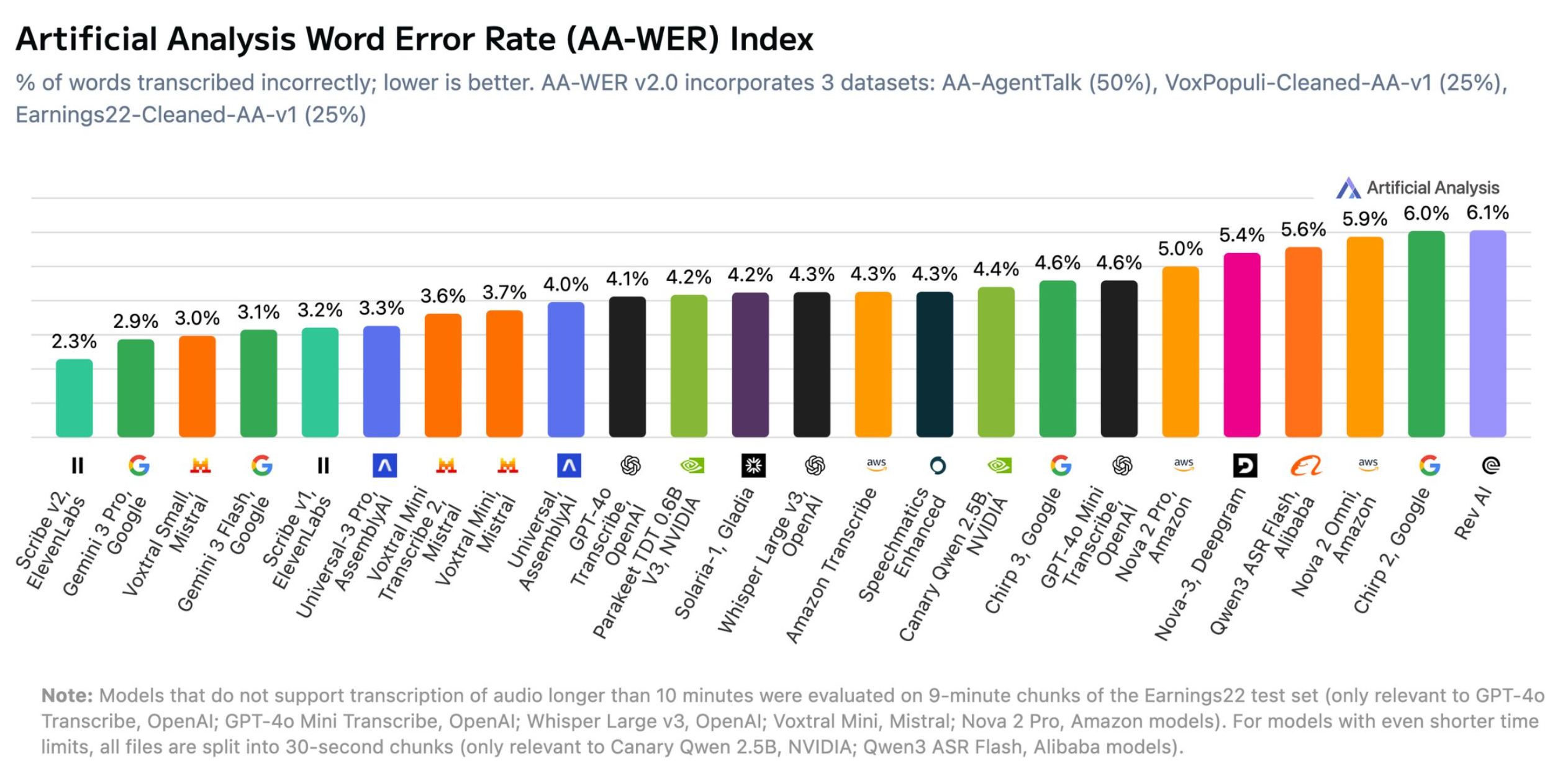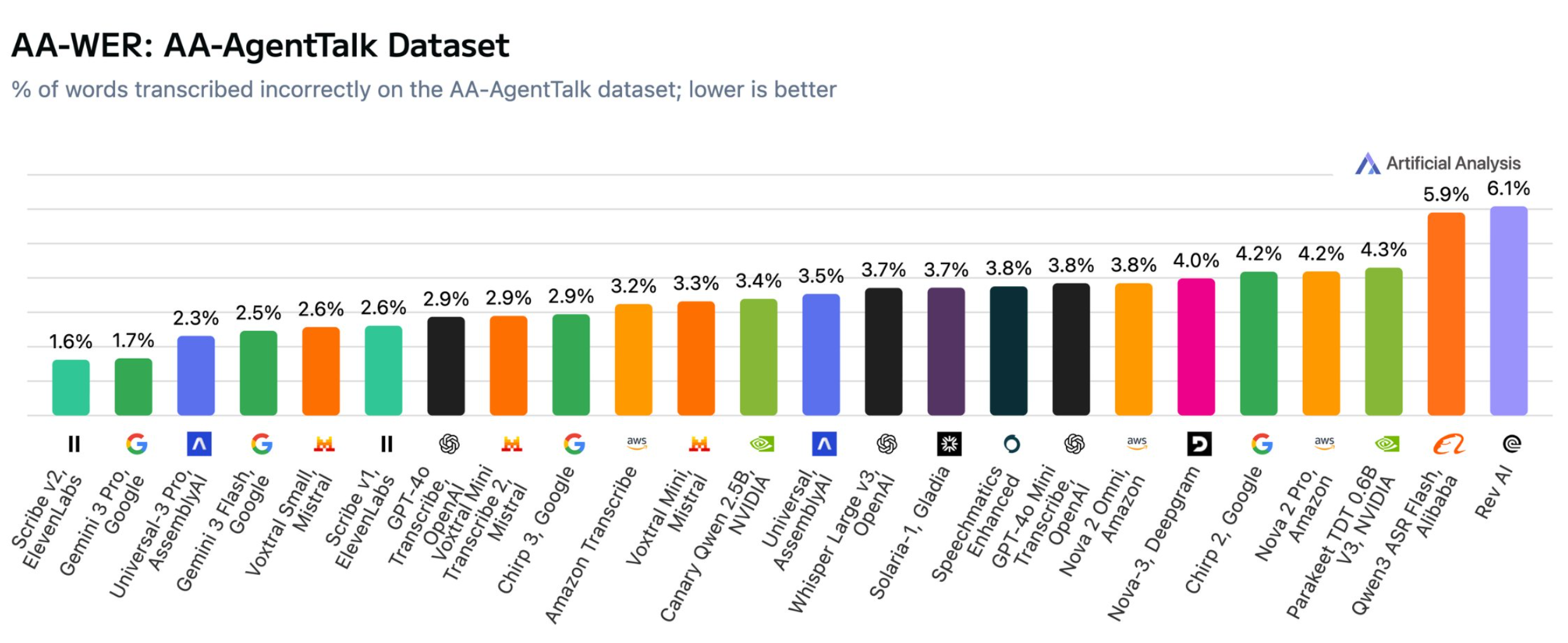Meta is testing a shopping research feature in its Meta AI chatbot designed to compete with similar tools from OpenAI's ChatGPT and Google's Gemini. According to Bloomberg, the feature lets users ask for product suggestions. The chatbot responds with a carousel of product images that include brand, website, and price details, along with a brief bullet-point explanation of its recommendations.
The feature is currently rolling out to a limited number of US users in the Meta AI web browser. A Meta spokesperson confirmed the test but didn't share any further details.



